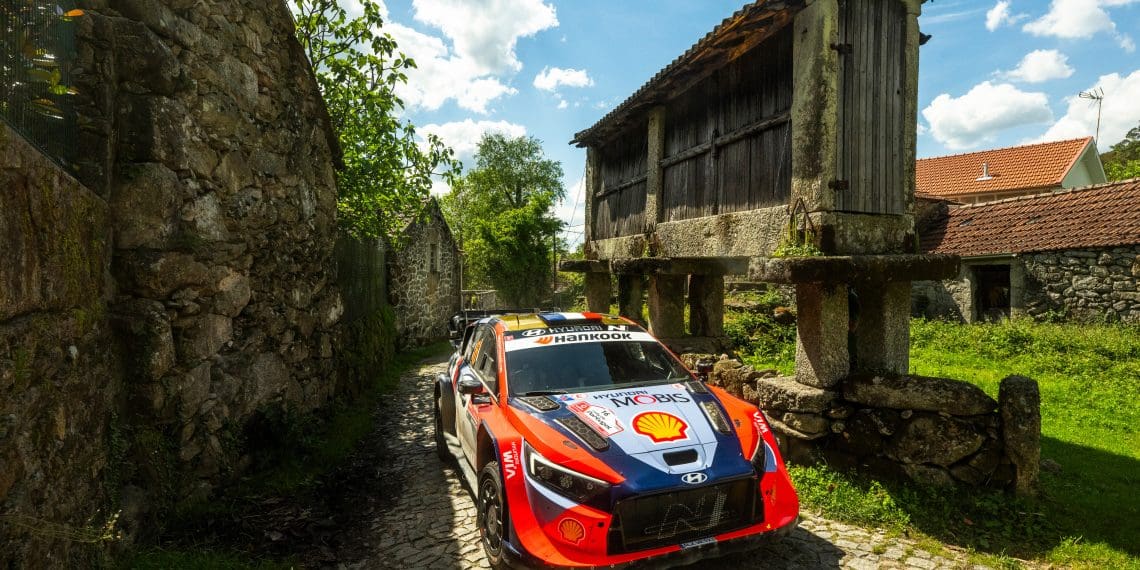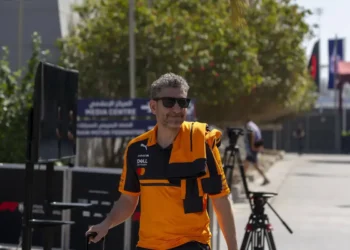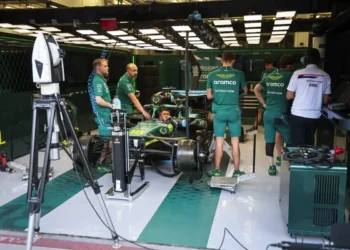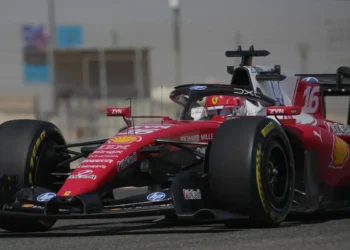Rally Drivers Demand Rest: The Shocking Truth Behind WRC Itinerary Chaos
The rallying world is ablaze with controversy as WRC drivers speak out against grueling schedules that leave them exhausted and sleep-deprived. The recent uproar surrounding Portugal’s rally itinerary has sparked heated debates, but many have failed to grasp the real issue at hand.
Drivers are up in arms about the extensive hours spent on the road, not just on the stages but including all activities like check-outs, services, and road sections. This relentless schedule, coupled with activities such as video work, leaves them with minimal time for rest between legs, pushing them to their limits.
While some argue that the organizers must fulfill obligations to the regions supporting the event, others emphasize the dire need for adequate rest and recovery time for drivers. The emotional response to the situation has clouded the fundamental problems lurking beneath the surface.
The rallying community is divided, with some reminiscing about the grueling RAC Rally of the 1980s, a stark contrast to the challenges faced by modern-day drivers. The evolution of technology, the influx of data to analyze, and the increased media demands have transformed the sport, demanding a new approach to driver well-being.
The intense physical and mental strain of rallying mirrors that of other endurance sports like the 24 Hours of Le Mans and road bicycle racing. These sports emphasize the importance of rest and recovery in maintaining peak performance, a principle that seems to have been overlooked in the WRC.
Drivers are not mere machines; they require adequate time to refuel, hydrate, and recuperate between intense stints behind the wheel. The failure to prioritize these essential aspects of well-being could have detrimental effects on their performance and overall health.
As the rallying world grapples with these pressing issues, it is crucial to acknowledge the changing landscape of sports science and the evolving understanding of human physiology. What worked in the past may not be suitable for today’s high-performance athletes, necessitating a reevaluation of priorities and practices in the WRC.
In a sport where split-second decisions and unwavering focus can mean the difference between victory and defeat, the well-being of drivers must be paramount. The time for change is now, as the rallying community navigates the delicate balance between tradition and modernity in the pursuit of excellence on the world stage.










